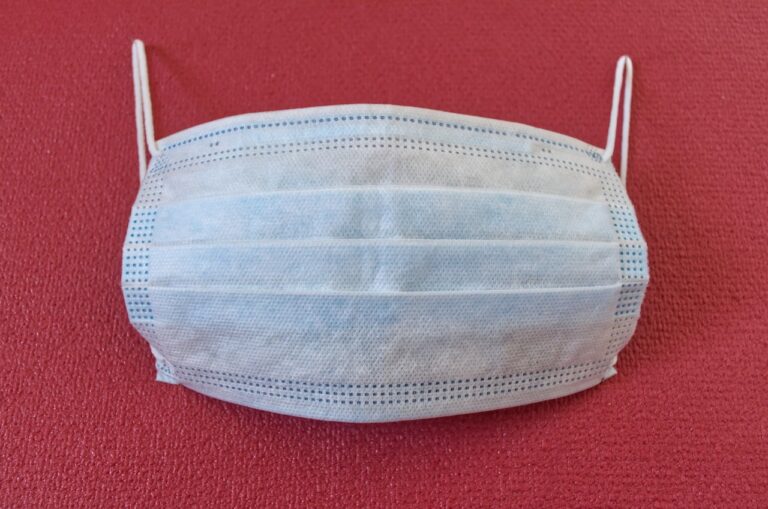Exploring the Role of Microbiome in Mood Disorders: Laser book 247.com, Silver exchange login password, 11xplay pro login
laser book 247.com, silver exchange login password, 11xplay pro login: Have you ever heard of the gut-brain connection? It turns out that our gut health may play a significant role in our mental health. Recent research has been exploring the role of the microbiome, the community of microorganisms living in our digestive tract, in mood disorders such as depression and anxiety.
The gut microbiome is a complex ecosystem consisting of trillions of bacteria, viruses, fungi, and other microorganisms. These tiny organisms play a crucial role in various bodily functions, including digestion, immune system regulation, and even the production of neurotransmitters that affect our mood.
Recent studies have shown a strong link between the composition of the gut microbiome and mental health. Imbalances in the microbiome, known as dysbiosis, have been associated with an increased risk of mood disorders. For example, individuals with depression have been found to have different gut bacteria composition compared to those without the condition.
But how exactly does the gut microbiome influence our mood? One way is through the production of neurotransmitters such as serotonin and dopamine. These chemicals play a crucial role in regulating mood and emotions, and a healthy gut microbiome is essential for their proper production.
Inflammation is another key factor linking the gut microbiome to mood disorders. Dysbiosis can lead to increased inflammation in the body, which has been linked to depression and anxiety. By modulating inflammation levels, the gut microbiome can indirectly influence our mood.
So, what can we do to support a healthy gut microbiome and potentially improve our mood? The good news is that there are several ways to promote a healthy gut ecosystem:
1. Eat a diverse diet rich in fiber, fruits, vegetables, and fermented foods.
2. Avoid processed foods, sugar, and artificial sweeteners that can disrupt the microbiome.
3. Take probiotics or eat foods rich in probiotics such as yogurt, kefir, and sauerkraut.
4. Manage stress through relaxation techniques such as meditation or yoga.
5. Get regular exercise, which has been shown to promote a healthy microbiome.
6. Consult with a healthcare provider if you suspect you have dysbiosis or a mood disorder.
In conclusion, the gut microbiome plays a crucial role in our mental health, and maintaining a healthy gut ecosystem is essential for overall well-being. By supporting our microbiome through diet, lifestyle changes, and proper medical care, we may be able to improve our mood and potentially reduce the risk of mood disorders.
—
FAQs:
Q: Can probiotics help with mood disorders?
A: While more research is needed, some studies suggest that probiotics may have a positive impact on mood by promoting a healthy gut microbiome.
Q: Are there any specific foods that can help improve gut health?
A: Foods rich in fiber, probiotics, and prebiotics such as fruits, vegetables, yogurt, kefir, and whole grains can help support a healthy gut microbiome.
Q: How long does it take to see improvements in mood by supporting gut health?
A: It varies for each individual, but some people may notice improvements in mood within a few weeks of making dietary and lifestyle changes.







